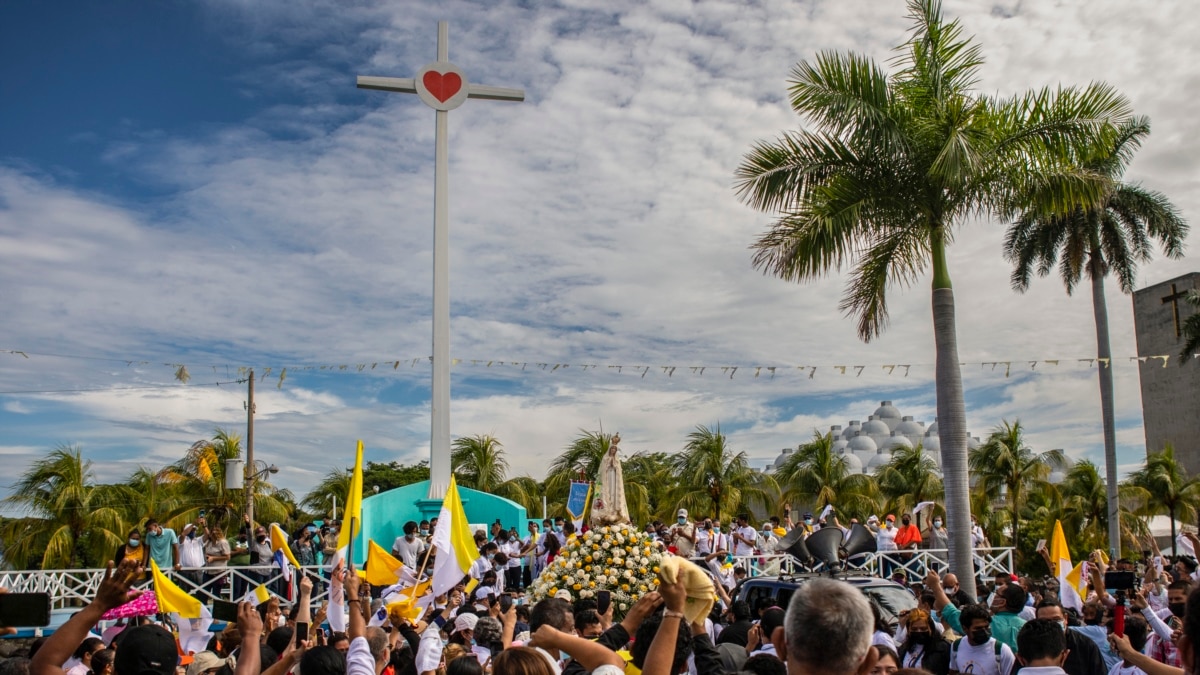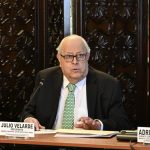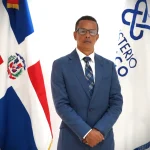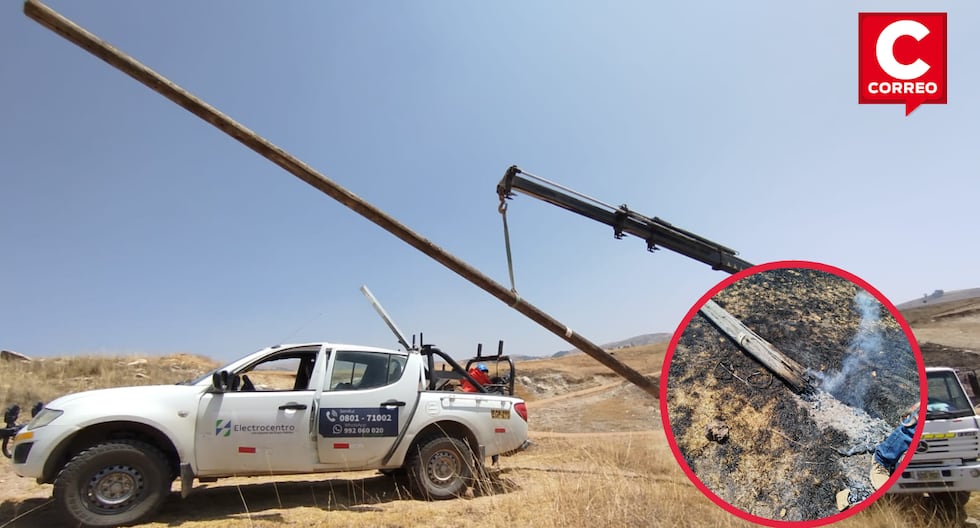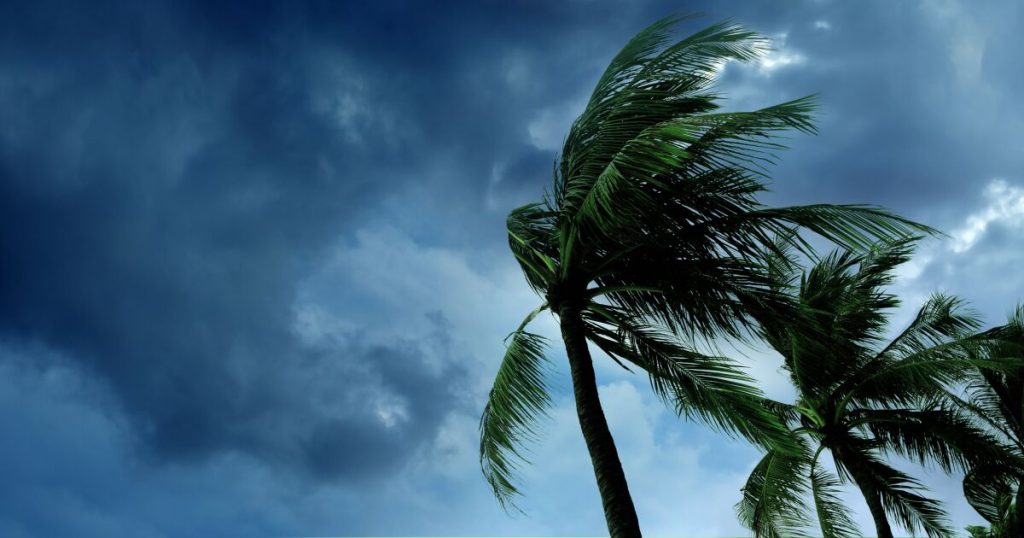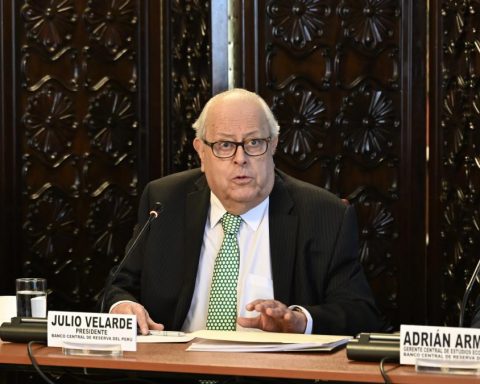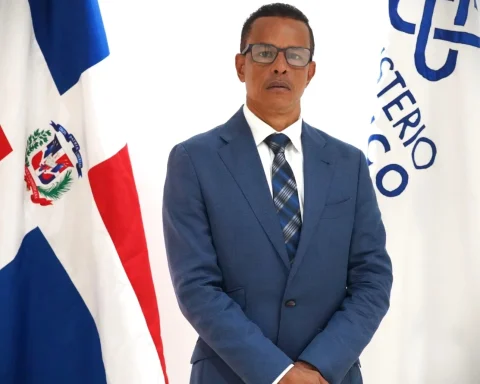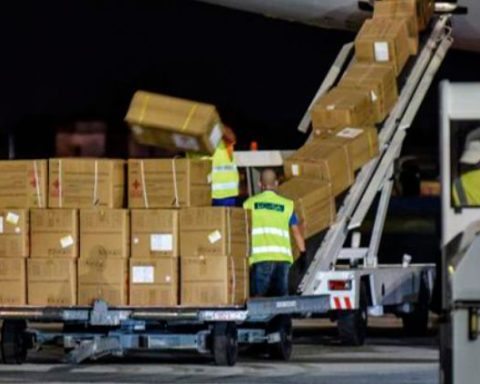A Catholic priest and a pastor of the Moravian Church of Nicaragua denounced on Friday in Geneva that the government of Daniel Ortega has intensified “the persecution” and “the repression” against the different religious groups and their followersto the point of banning their activities and sending dozens of priests into exile.
“The regime is seeking not only to take away our lands” but also “to control all the spaces in our lives, including the Church,” said Moravian pastor Francisco Alvicio Watshus, a Miskito Indian who took part in a human rights event alongside the 57th session of the United Nations.
Watshus said he was forced into exile in Costa Rica “for claiming the right to self-determination for my people.” He added that the Sandinista government of the 1980s, which Daniel Ortega presided over from 1985 to 1990, committed “abuses, rapes and murders against the Miskito population.”
“Today he wants to rob us of our worldview linked to the Moravian Church,” he said.
Nicaraguan authorities ordered the closure of the Moravian Church, founded on Nicaragua’s Caribbean coast in 1849, on August 29. Watson said the church has more than 100,000 active members and 350,000 collaborators in the area.
“We ask the international community to grant asylum and refuge to the Miskitos who are now fleeing repression in Nicaragua,” said the priest, who also demanded “an end to the attack on our Church, that our ancestral beliefs be respected and that we be allowed to return to our land.”
The panel also showed a video of an unidentified “exiled Catholic priest,” whose face was also not shown and whose voice was altered “for fear of reprisals,” it was said.
“It is clear that the persecution of the Church is politically motivated,” the priest said in the video, after pointing out that this situation worsened after the social rebellion of 2018, when the Ortega government accused several bishops of being part of “a failed coup d’état” for supporting the demands of the population.
He said there was a “strategy of persecution” and that “religious freedom has seriously worsened,” despite the fact that the Nicaraguan Constitution establishes respect for freedom of worship.
“The persecution has not ceased” and religious leaders “are under siege in Nicaragua,” said lawyer Martha Patricia Molina, an expert on Catholic Church issues who also participated in the panel.
Molina said that he has documented, between July 2018 and July 2024, some 870 attacks against the Catholic Church and more than 100 against the Evangelical Christian Church, including the closure of NGOs, universities and institutes. These have suffered “real estate theft and bank accounts freezing.”
He added that 260 religious men and women have been forced into exile, most of them Nicaraguans “who have also been denationalized.” The government has also expelled 14 religious congregations from the country and “arbitrarily closed” 22 Catholic media outlets.
In addition, 9,688 religious activities have been banned by the police in the past six years, he said.
According to Molina, the government intends to “continue a policy of indoctrination” to “exterminate” the churches and “make Daniel Ortega and Rosario Murillo the only leaders in the country.”
Ariela Peralta, a member of the United Nations Group of Experts on Nicaragua (GHREN), also participated in the panel. She pointed out that the reason for the persecution of churches by the Sandinista government “is not religious, but political.”
“Here we are not talking about the violation of the right to profess faith in Nicaragua, but also the right to freedom of expression, movement, assembly, nationality and property,” said Peralta, recalling that hundreds of opponents have had their nationality taken away and their property confiscated in the country.
The expert indicated that the GHREN has documented a new “escalation to other forms of repression”, in which the government “seeks to take to the streets” by persecuting “those who have the capacity to gather people”, as well as exercising “cross-border repression” through recently approved legal reforms.
Connect with the Voice of America! Subscribe to our channels YouTube, WhatsApp and to newsletter. Turn on notifications and follow us on Facebook, X and Instagram.
